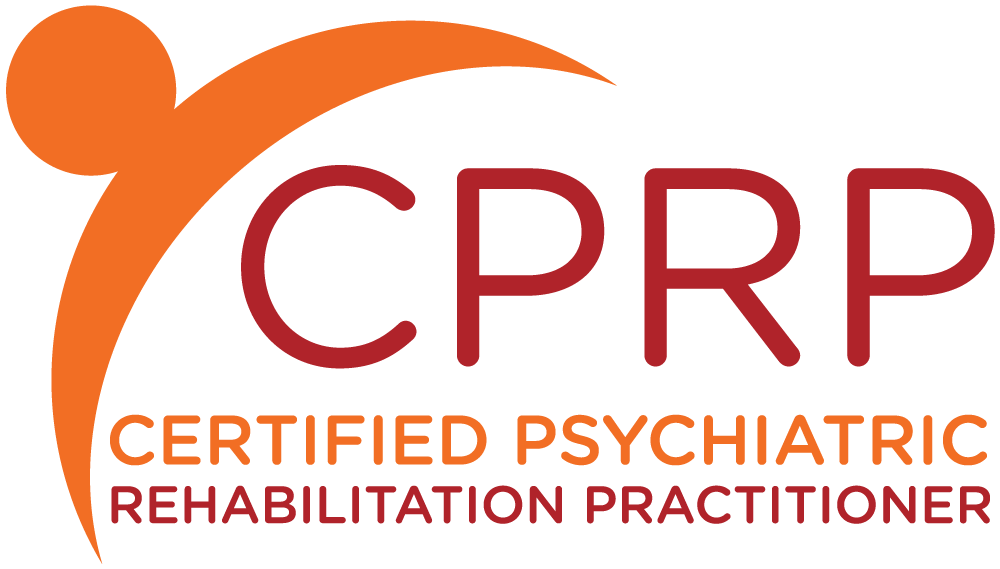Description
It is widely known that persons with serious mental illnesses are overrepresented in the criminal justice system in the United States. This has phenomena has been described as “criminalization” and “transinstitutionalization” and is often considered the result of inadequate training of criminal justice personnel and a woefully under resourced community mental health system. Initially, this led to the conclusion that training of front line law enforcement and provision of mental health treatment would fix the problem. While both are useful to some ends, they have not been shown successful in reducing criminal recidivism. There is new awareness of the need for cross system collaboration and for strategies that address criminogenic risk factors must be incorporated into interventions targeting individuals with mental illnesses that become involved in the criminal justice system. This webinar will discuss what we have learned about persons with mental illnesses that come in contact with the criminal justice system and what has and has not worked for reducing system penetration, reducing recidivism and improving outcomes.
Date Recorded: October 19, 2016
Learning Objectives
- List the underlying causes overrepresentation of persons with mental illnesses in the criminal justice system.
- Discuss the latest research about what works to reduce recidivism and improve outcomes.
- Explain the value of cross system collaboration for addressing the needs of population at different points of contact with the criminal justice system.
Level
- Intermediate
Course Completion Requirements
In order to complete this course, participants must view the presentation, successfully pass a post-test, and submit an online evaluation. Upon completion, CE Certificates will be available to print directly from the site.
Registration and Refund Policy
Please click below to register for the course. The cost of registration $35 for PRA members and $55 for nonmembers. If your employer is a PRA organizational member with access to reduced rates, you will see that price in the cart.
Your purchase is final. If you believe you are eligible for a rate you do not see in the cart, DO NOT complete your purchase; instead, please email [email protected] for assistance.
Instructor(s)
Amy C. Watson, PhD
Amy Watson is a Professor aat the Jane Addams College of Social Work, University of Illinois at Chicago. Her work has focused on the interface of the mental health and criminal justice systems. This work has examined mental health courts, Forensic Assertive Community Treatment and NIMH- funded work examining police response to mental health crisis from the perspectives of officers and persons with mental illnesses. She has studied and published widely on the Crisis Intervention Team (CIT) model. Her current active study, “CIT and Mental Health Service Accessibility in Police Encounters: Impact on Outcomes of Persons Serious Mental Illness” [R01 MH096744] is examining CIT in the context of disparities in service access across the city of Chicago. She is also interested in mental illness stigma. As the former project director of NIMH funded (RISP, PI Corrigan) Chicago Consortium for Stigma Research, an interdisciplinary group of researchers dedicated to studying mental illness stigma, she has been involved in research on models of public stigma, self-stigma and stigma-change strategies. Early in her career she was a probation officer on a specialized mental health team and a mitigation specialist/forensic social worker

 The Academy of Psychiatric Rehabilitation and Recovery, provider #1975, is approved by the Psychiatric Rehabilitation Association (PRA) to provide continuing education to Certified Psychiatric Rehabilitation Practitioners (CPRPs) and CPRP candidates.
The Academy of Psychiatric Rehabilitation and Recovery, provider #1975, is approved by the Psychiatric Rehabilitation Association (PRA) to provide continuing education to Certified Psychiatric Rehabilitation Practitioners (CPRPs) and CPRP candidates.